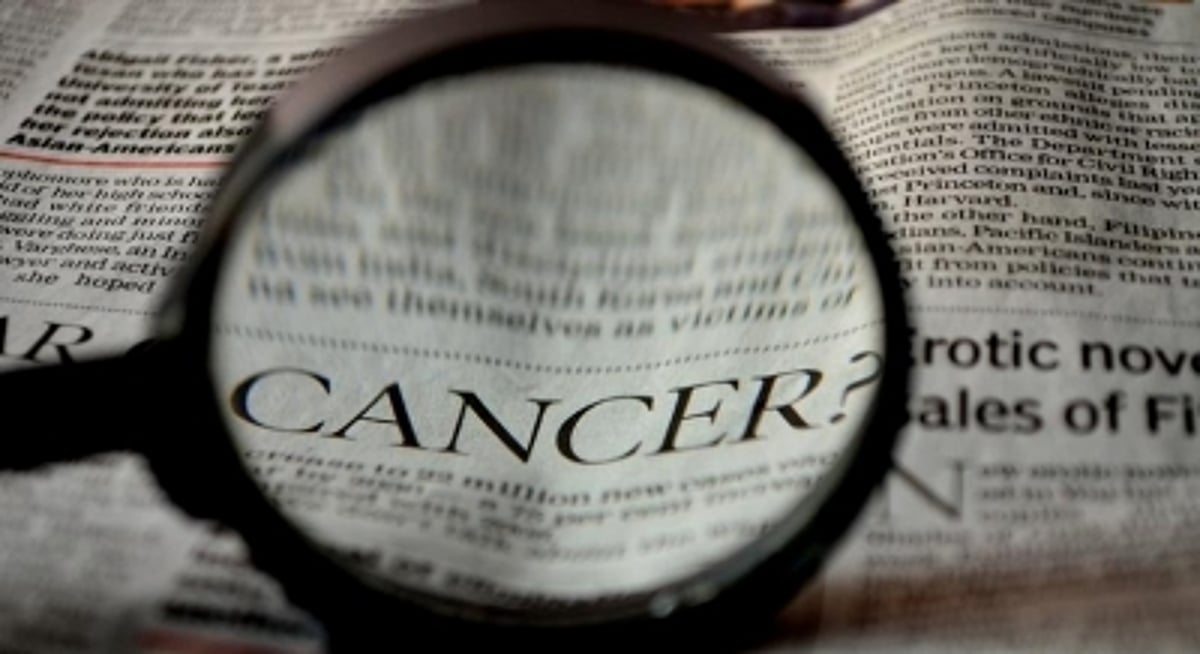Enter nicotinamide, a cheap, widely available supplement. Researchers observed that this form of vitamin B3 bolsters the skin’s natural repair systems after UV damage, reduces inflammation, and helps the immune system detect and clear abnormal cells.
In the new study, over 12,000 patients who began taking nicotinamide at 500mg twice daily for more than a month were compared to more than 21,000 who did not. Those taking nicotinamide saw a 14% lower risk of developing any new skin cancer. The protective effect was most profound when started promptly after a first diagnosed skin cancer, resulting in a 54% drop in the risk of additional cancers.
This benefit faded if supplementation started only after multiple recurrences, suggesting that timing matters. The effect was seen across both main skin cancer types but was particularly robust for squamous cell carcinoma, which can behave more aggressively and carries a greater risk of complications.
It’s important to underscore that, while hopeful, these findings do not suggest nicotinamide should replace sun avoidance or routine skin checks. Wearing hats, using sunscreen and seeking shade remain pillars of prevention.
Still, the simplicity, safety and low cost of nicotinamide mean that its incorporation as a daily “add-on” is an accessible step for most people, especially those with a track record of skin cancer. For dermatologists, this is an attractive profile compared to some prescription medicines used to prevent recurrence, which may be more expensive or have worse side-effects.
As a secondary prevention tool, it stands out as effective and practical. The timing of intervention appears paramount, with the greatest benefit gained when nicotinamide is offered straight away. In practice, this shifts the conversation, urging healthcare professionals and patients to view the first cancer as a red flag to act decisively.
Sunscreen is still one of the pillars of skin-cancer prevention.
Perspective is important
The findings emerge from an observational study using real-world data, meaning researchers looked at health records and drew statistical associations. Most participants were white males, so the broader relevance of these findings remains uncertain.
While this type of study cannot prove cause and effect as powerfully as a randomised trial, the results align with earlier, smaller trials that hinted at the same benefit. They reinforce the idea that a simple, non-pharmaceutical intervention could help in the battle against the world’s most common cancer, and at a fraction of the expense or risk of more intensive therapies.
This research does not settle every question. It remains to be seen how nicotinamide performs over very long periods and whether the benefit is as robust in more diverse populations. Additionally, people who have never had skin cancer were not the focus, so broader recommendations are likely to stay reserved for those with a prior history.
Still, for those confronting the anxiety of a first skin cancer diagnosis, the promise of a readily available, low-cost and well-tolerated supplement offers a new sense of control.
Justin Stebbing, Professor of Biomedical Sciences, Anglia Ruskin University
This article is republished from The Conversation under a Creative Commons license. Read the original article.
